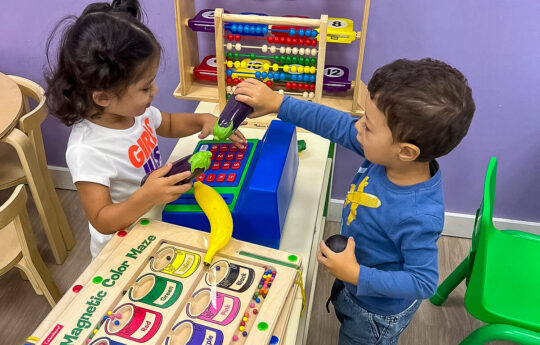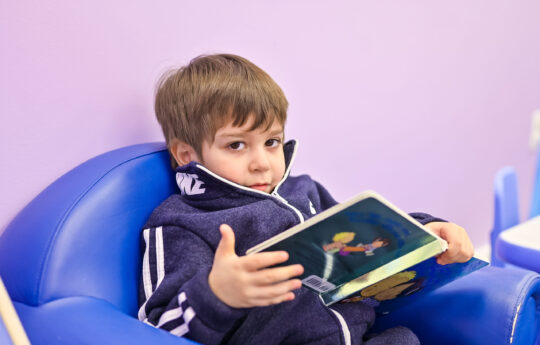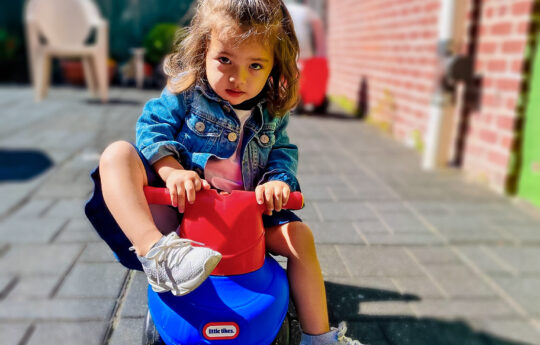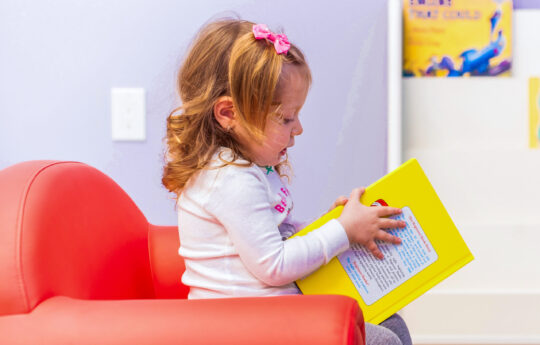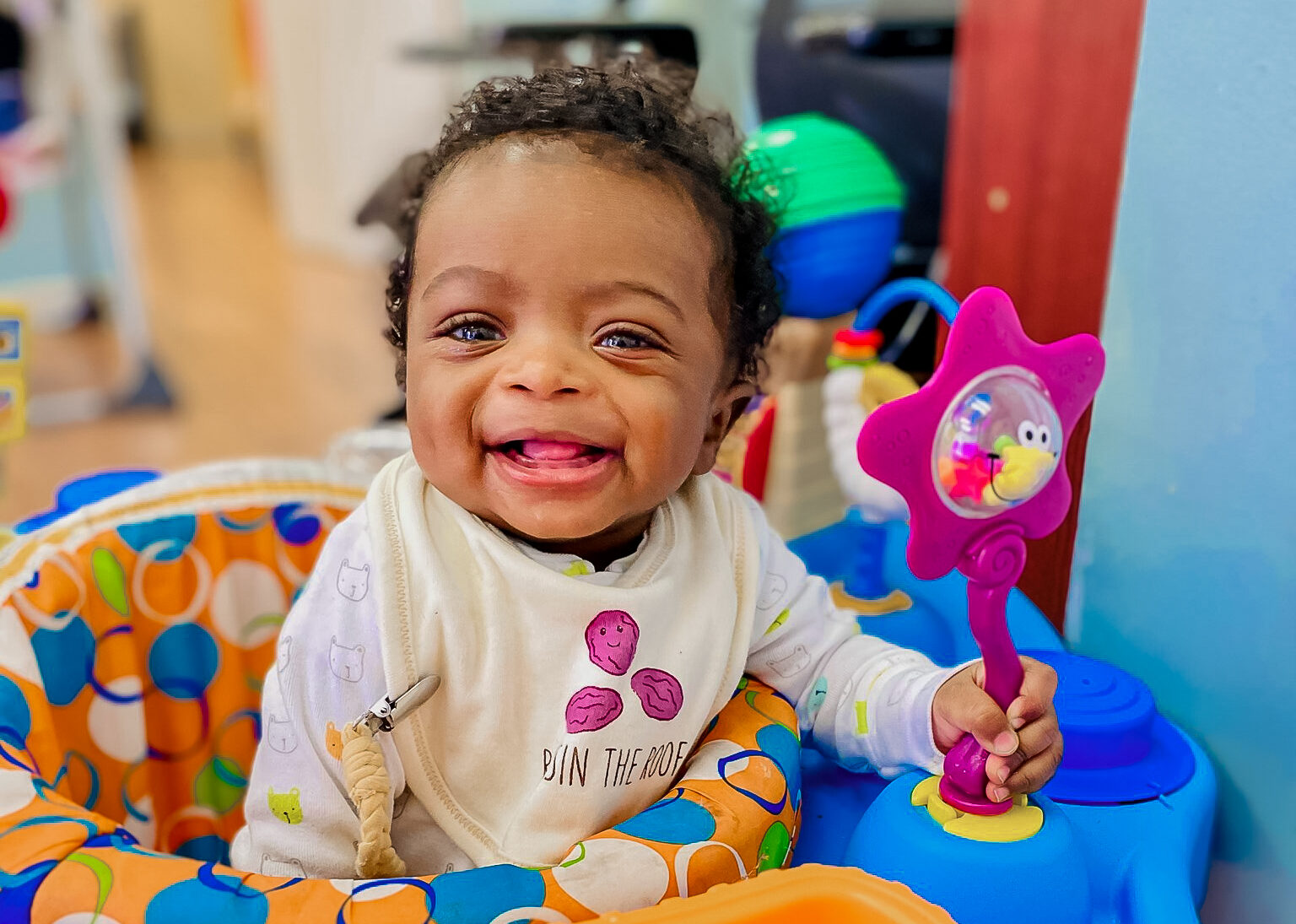
Without exception, moms and dads dream of getting rid of those annoying diapers and diapers that still cost them quite a bit of money.
Therefore, the question of how to potty train a child is quite relevant and the most discussed among newly accustomed parents.
In the learning process, it is necessary to take into account a series of factors that directly affect the formation of potty training skill. We are going to describe some important potty training tips for you to make this process easier. One of them is the age of the child.
When to potty train your little one?
Arbitrary retention of urine and defecation occurs between six months and one year of the child’s life. During this period, the children actively explore their body capabilities.
While the children are playing, they voluntarily are delaying urination. This exercises their ability to regulate urination.
At this time, you may begin to offer the baby to sit on the potty, and observe their actions. Most likely, at this age, an active baby will not be able to form a stable habit of using the potty but it can work with a calm child.
During the so-called “crisis of the year” (10-13 months), the child strives for greater independence and may rebel against the prohibitions and restrictions of adults. Even against using a pot.
That is why during this period, many children refuse to sit on the potty, although they are already used to it.
And after the end of the “one-year crisis” (from 14 months), the child can already be taught to use the potty consciously and independently.
Notably, it’s easier to negotiate with 2-year-olds than with very young children. They already understand speech and can be told where and why they need to go to the bathroom. Also at this age, children are actively interested in going to the toilet on their own.
It’s worth remembering that the development of each individual child may differ from the average. In the matter of potty training tips, it is necessary to focus not on the statistics and numbers, but on the behavior of your child.
When to start potty training at best?
Before starting the potty training, a series of psychophysiological factors must be taken into account. Pediatricians and psychologists say that before teaching a child to go to the toilet, the kid must develop the following skills:
- understanding the speech of adults;
- ability to sit, bend over, pick up objects and put them in a certain place;
- ability to show with gestures or explain with words certain feelings of a person;
- expressing concern about wet and dirty pants;
- ability to stay dry for more than 2 hours (during sleep, walking, playing at home).
These skills are already indicative of a child’s readiness to begin the learning process. This age is from 1.5 to 2 years. Early potty training sometimes ends in complete failure, nervousness, and further reluctance to accept the potty.
This is due to the physiological characteristics of the body of the babies. Until this age, the child is not yet able to control the filling of the bladder and intestines.
How to prepare your child for potty training?
If you intend to potty train your child, it is very important that you familiarize yourself with the basic rules before you start and try to follow them during a difficult period.
The learning steps will be:
- The first step is getting acquainted. In order to do this, it is enough to put the child on the potty and not demand anything else.
- Put the baby in the moment you think he or she wants to go to the bathroom. Pay attention to how the child behaves before going to the bathroom. Maybe he or she is sulking, becomes very quiet, or trying to hide. In the future, this will help you capture that very moment.
- Fix a certain sequence of actions in the baby’s mind. For example, you can put your child on the potty after eating, before going to bed and before going out.
- Never swear, even if the baby is ignoring the process on purpose.
Only as a result of long training, encouragement, persuasion, a kind and good attitude, will it be possible to achieve the goal quickly. It is also important to do it without harm to the psychological and physical condition of the child.
How to potty train your toddler quickly?
- If before potty training, the child spent all the time in nappies, then you should take them off. The child should study the body, establish a connection between the impulses and the outputs that follow them.
- The pot must be visible and within reach, usually on the floor of the children’s room. You should explain to the child how to use it if he or she wants to sit down.
- Every time an “accident” occurs, gently remind your child of the existence of a potty: “Sweety, where should you pee?” In no case do not scold the baby and do not force them to sit on the potty so that they do not develop repulsion to it. If the potty was used for its intended purpose, praise your child for the positive emotions associated with potty use.
- To go to the bathroom, you need to relax. In a stressful situation, in an unfamiliar environment, with strangers, the baby cannot relax and go to the toilet. This should be taken into account when he is potty trained.
The time to the successful potty training can take from several days to several months. Do not force your child to do everything immediately, carefully monitor the condition of the baby.
If you little one is sick or just refuses to sit on the potty and cries, this is a normal reason to put things off for a while. If the child is nervous and naughty, it means that he or she is simply not ready yet.
In this matter, it is not recommended to put pressure on the child, because violent actions will not help, they will only slow down the process of potty training.
Note! If, despite all your efforts, the baby does not get used to the potty and stubbornly continues to perform physiological functions ignoring the potty, then you should seek advice from a specialist.

